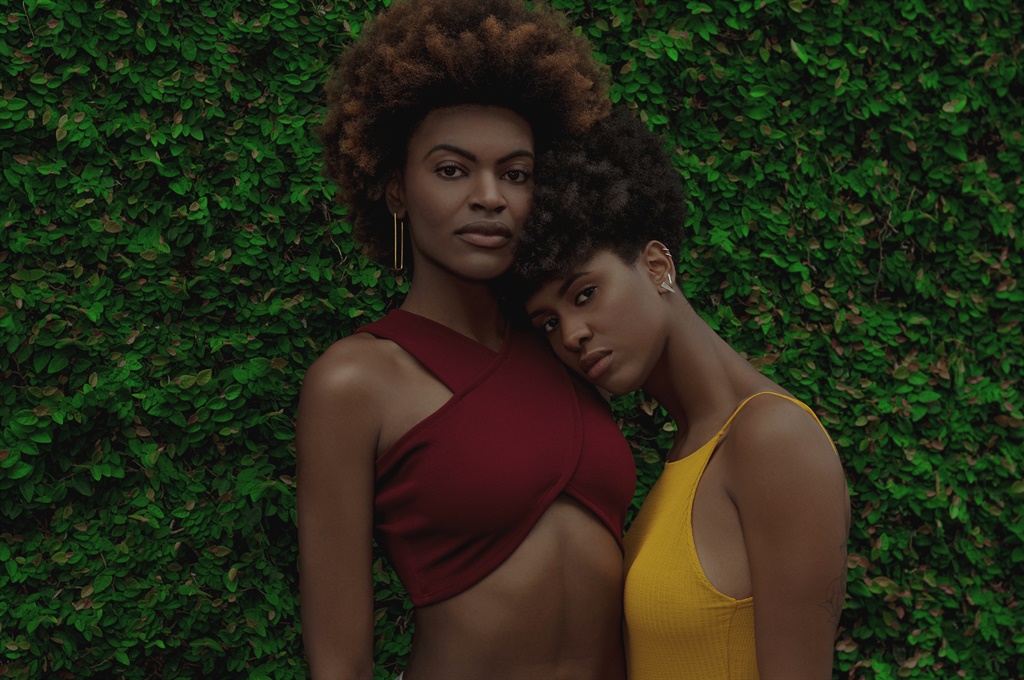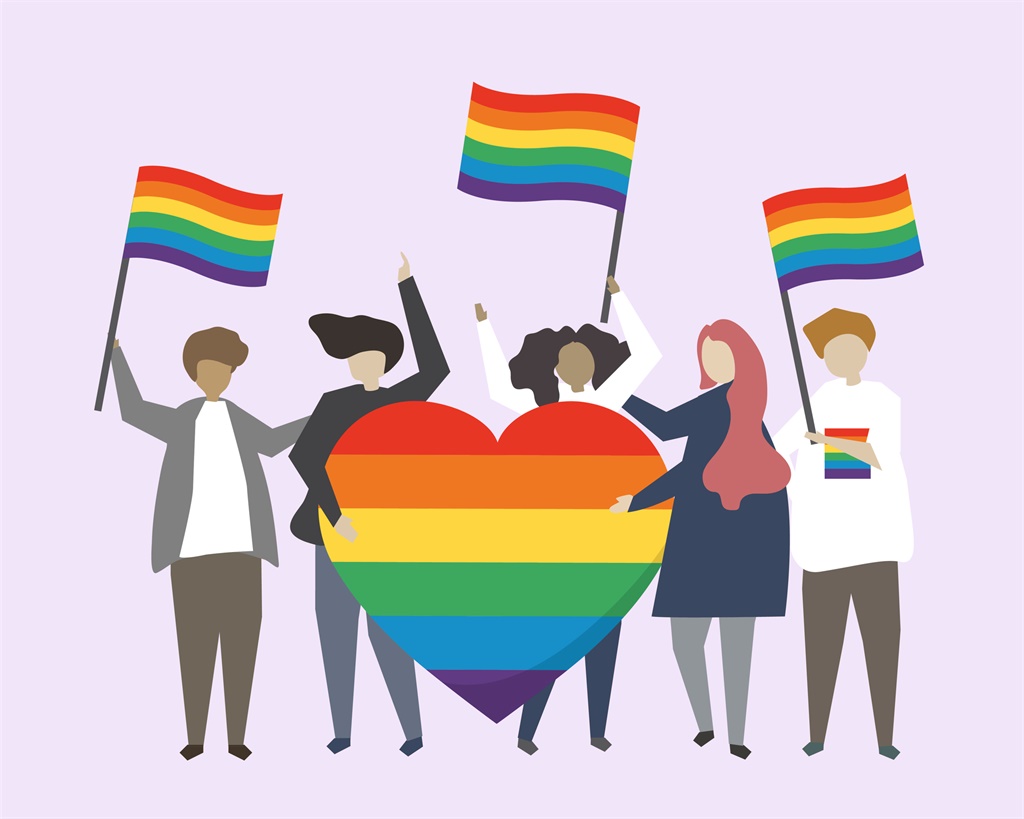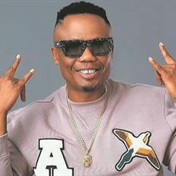
We can as individuals contribute to the prevention of harassment, discrimination and violence against transgender people. Nickita Maesela takes a look at what being an ally to the transgender community entails.
In a cisgendered and transphobic world, transgender people are regularly subjected to harassment and discrimination.
They have possibly experienced abandonment from family and friends for living as their authentic selves. As a result, the adversity they face fuels many struggles.
Leading American civil rights advocate and scholar of critical race theory, Kimberlé Crenshaw, coined the theory of intersectionality in 1989, which offers us a lens to observe where discrimination as a form of power intersects with race, gender, class and sexuality.
Transgender is an umbrella term for people whose gender identity and/or expression differs from what is typically associated with the sex they were assigned at birth.
Trans people may identify with one or more of a variety of terms that include transgender.
Cisgender is the term used for someone who exclusively identifies with the sex they were assigned at birth.
It’s not indicative of gender expression, sexual orientation, hormonal make-up, physical anatomy or how one is perceived in daily life.
It is vital to recognise that all of us have our own gender identities and sexual orientations, and that we all come to acknowledge these elements at our own time.
We shouldn’t expect people to come out and explain themselves.
Gender-diverse artists and transgender activists tell me that it is poor, trans and black people who are the most vulnerable.
Living freely as a transgender person in a world filled with hate is not possible for all transgender people.
“For me, having no space at home to explore the vastness of my gender experience, I get to truly appreciate spaces that cater to me being able to do that fully,” says a Cape Town-based visual artist.
Janet Mock, American writer, television producer, director and transgender rights activist, regularly shares information online on how to be an ally of the transgender community.
“Recognition that ally is not a noun; it’s not something you put on a bumper sticker. It’s action, it’s a verb,” Mock said in a YouTube video.
The act of “allyship” involves educating yourself and using this information to check and challenge the space and conversations that you’re engaged in.
It is about working continuously to ensure the protection of the marginalised.
Allyship also involves speaking out in support of trans people and transgender rights.
It can be done by politely correcting others if they use the wrong name or pronouns for a transgender person. Another way is challenging discriminatory remarks in conversations, even when there aren’t trans people in the room, which you wouldn’t be able to tell.
Another necessary valve of allyship is to listen with an open mind to transgender people when they speak for themselves.
Talk to transgender people in your community, check out books, films, YouTube channels and transgender blogs to find out more about the issues people within the community face.
One of the great things we can do when we introduce ourselves is saying our pronouns. This allows others to share their pronouns to avoid misgendering people.
Being respectful of people’s identities and not making any assumptions means not deciding how people identify. If you don’t know what pronouns a person uses, ask and in asking questions be respectful in the sense of not asking people about their bodies and their medical histories.
“People’s bodies are not there to satiate or satisfy our grandest curiosities,” said Mock.
Ask yourself if the information your question seeks is needed to treat the person respectfully. Another way to determine if a question is appropriate is to ask yourself how it would make you feel if someone asked you that question.
Think about how you use gendered language. For example, when you are addressing a group of strangers, phrases such as “ladies and gentlemen” are gendered and exclusionary as they perpetuate the binary of gender.
The human race is diverse and complex and so is the transgender community. Be respectful, do your best, ask questions, listen and keep trying. You don’t have to understand someone’s identity to respect it.
This series on LGBTIQ life in Africa is made possible through a partnership with The Other Foundation. To learn more about its work, visit theotherfoundation.org
 | ||||||||||||||||||||||||||
Get in touchCity Press | ||||||||||||||||||||||||||
| ||||||||||||||||||||||||||
| Rise above the clutter | Choose your news | City Press in your inbox | ||||||||||||||||||||||||||
| City Press is an agenda-setting South African news brand that publishes across platforms. Its flagship print edition is distributed on a Sunday. |




 Publications
Publications
 Partners
Partners









